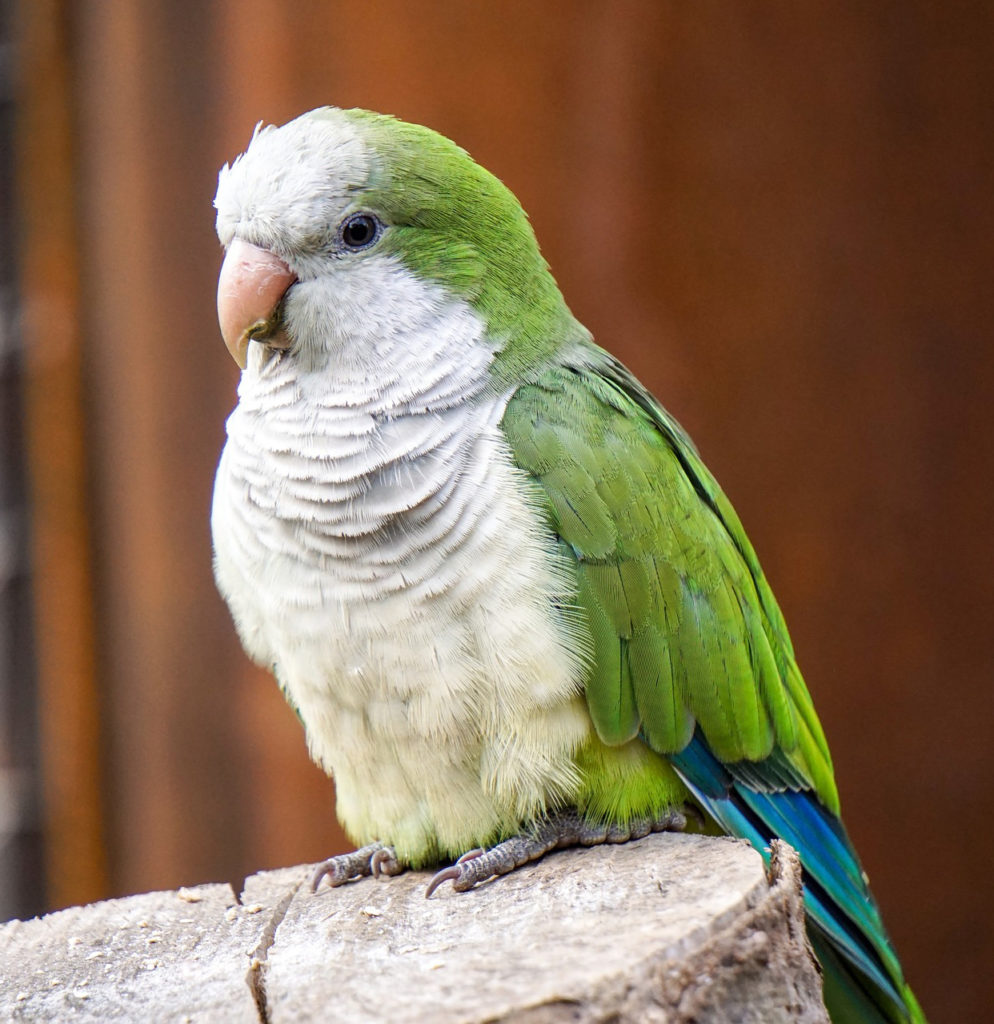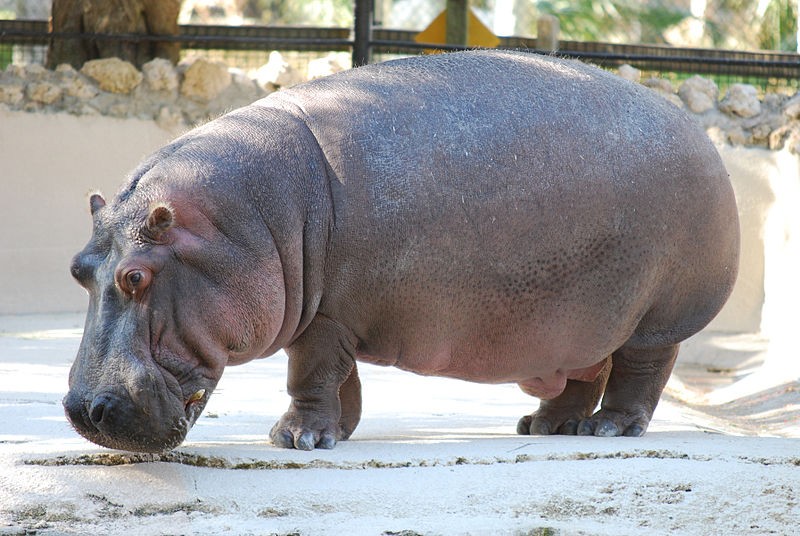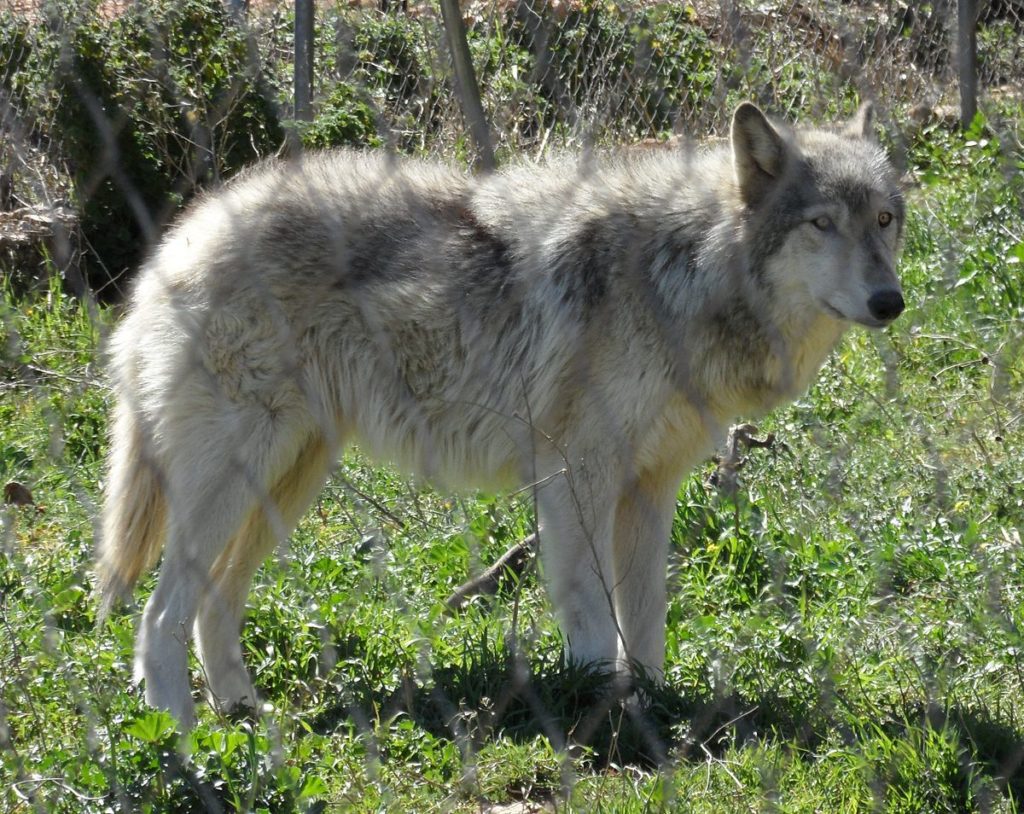Are some pets actually banned around the world? Unfortunately, it turns out the answer is yes. Though many exotic animals aren’t banned, such as big cats, there are plenty of surprisingly banned pets that most of us probably consider domesticated; pit bulls, for example, are routinely banned with very little evidence to back up the reason for it.
As animal attacks make news headlines, public outcry follows. Sadly, there have been all too many examples of animals that have turned on their owners – often animals that should have never been owned as a pet in the first place. If you’re in the market for a pet, check your state and local laws – cities and other municipalities often restrict animals that a state does not.
Pit Bulls

Pit bulls and their counterparts, like American bull terriers, are banned in many countries throughout the world. Many of these laws were spurred on by attacks, leading to public outcry against pit bulls – or dogs that look like pit bulls. Pit bulls were not a public concern until the late ’80s. Prior, they had been considered good pets, family dogs, and guard dogs. However, dog fighting came back in the ’80s, and with dog fighting came dogs that were bred and taught to be aggressive. Very quickly, many states and communities began passing breed-specific legislation; unfortunately, the fact that it is the owner who teaches pit bulls to be aggressive and that the animals themselves are not born that way doesn’t seem to compute for most people.
Hedgehogs

Hedgehogs, as tiny and adorable as they may be, are surprisingly a hot-button legal issue. They’re completely illegal in Georgia, Arizona, California, Hawaii, Maine, Pennsylvania, Washington, D.C., and New York City.
The legal reasons behind hedgehog bans are similar to bans on other small rodents. They can harm their environment if they become established in the wild, and they can transmit illnesses like foot-and-mouth disease to humans.
Ferrets

Ferrets are only completely banned in two states – California and Hawaii – but some cities have also banned them (e.g. Dallas, New York City, and Washington, D.C.). In California, ferrets are banned due to the risk that they could start a population of wild ferrets. Hawaii bans ferrets because they carry rabies.
Quaker Parrots

https://www.animalhumanesociety.org
The Quaker parrot finds itself on the restricted list because it could end up as an invasive species, impacting the population of native animals. Quaker parrots can be found in the wild in New York, Texas, and Florida. In states where owning a Quaker parrot is legal, there are usually some restrictions (e.g. the bird must be banded, its wings must be clipped, or a permit is required). If you live in California, Wyoming, Kentucky, Tennessee, or Pennsylvania, you’re completely out of luck if you want a Quaker parrot.
Hermit crab

The list of animals not allowed in Hawaii is pretty long, but hermit crabs are one of the most interesting animals that are prohibited. The reason is pretty simple: they can carry parasites that could infect native crabs, and hermit crabs are not native to Hawaii.
Hippopotami

It might seem obvious that owning a hippo is illegal, but that hasn’t stopped some people. A man in South Africa kept a hippo named Humphrey as a pet, but was eventually killed by the animal in 2011. Pygmy hippos are much smaller than their massive counterpart, weighing in around 350-600 pounds as opposed to 3,000 pounds (or up to 9,000 for a male hippo). Sadly, there are only about 3,000 pygmy hippos left in the wild.
Giant African Land Snails

https://indianapublicmedia.org
Compared to other snails, the Giant African Land Snail is pretty giant, growing about eight inches long and four inches wide. If snails seem relatively harmless to you – they’re not out killing anyone, after all – think again. These snails are highly destructive and prohibited in the continental US. Not only do they destroy environments, crops, and ecosystems in general, but they can do so quite quickly. A few were brought to Florida in 1966, and within seven years the population swelled to 18,000. It cost the state $1 million to get rid of the pesky critters.
Wolf Dogs

Laws vary throughout the United States on wolf dog ownership; however, they are completely outlawed in Alaska, Connecticut, Georgia, Hawaii, Illinois, Massachusetts, Michigan, New Hampshire, New York, Rhode Island, and Wyoming. Some states do treat wolf/dog mixes as domestic pets just like any other dog, though; if you’re curious just exactly what a wolf dog is, they’re domesticated canines that have been crossbred with wolves and maintain a large percentage of wolf DNA.
Outside of the US, Finland has outlawed wolf dogs since 1999, designating them a dangerous breed.
Related Content
Hysterical Photos of Dogs Testing Their Owner’s Patience to the